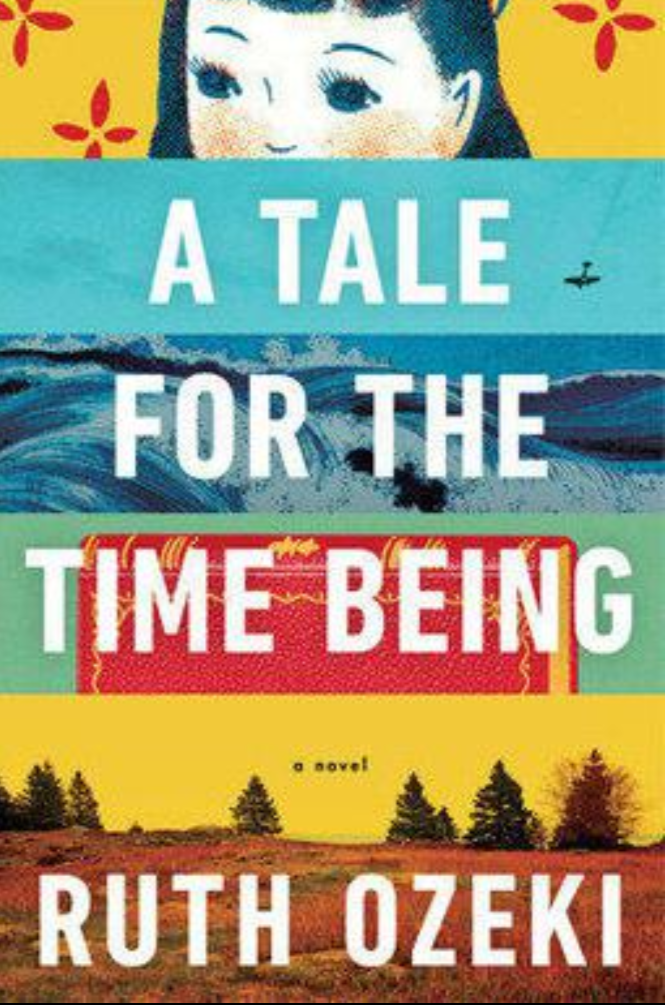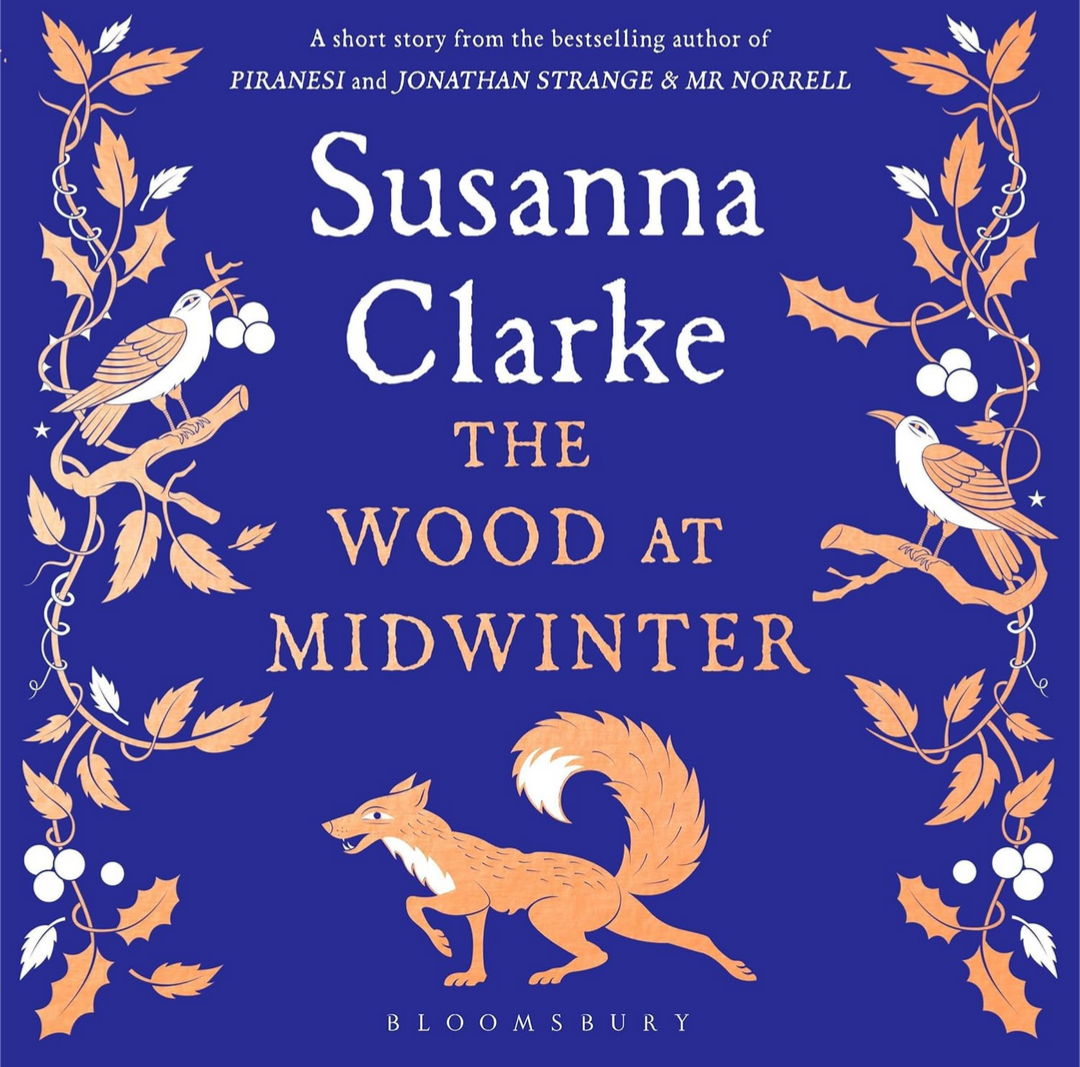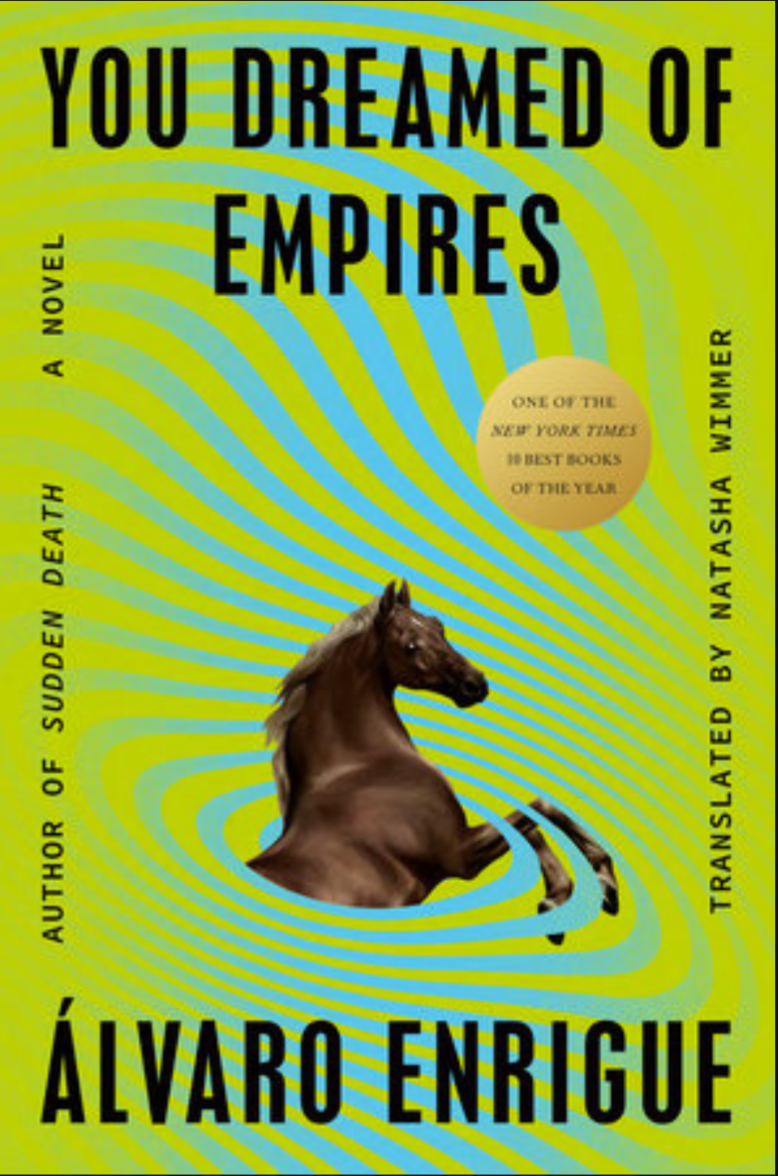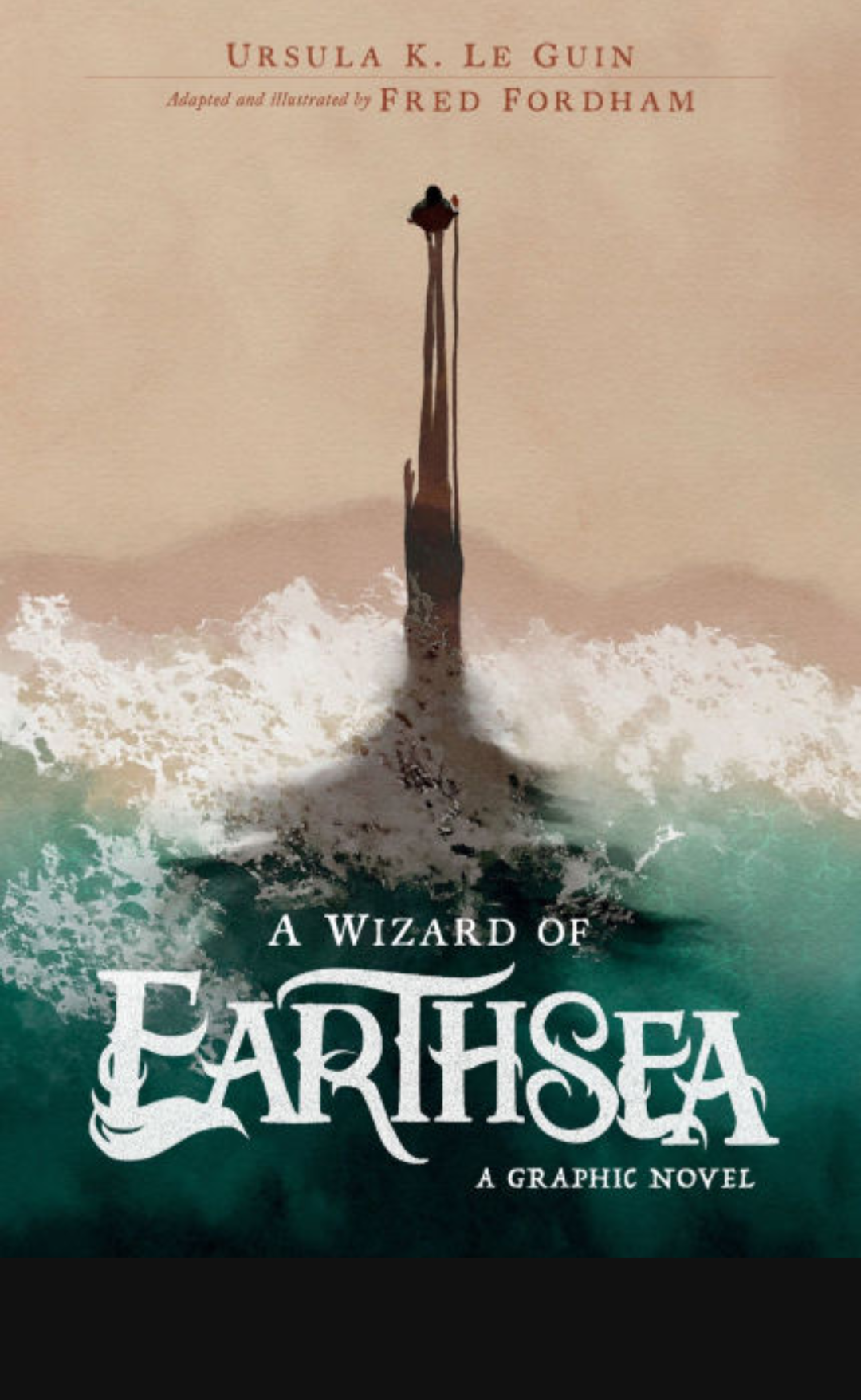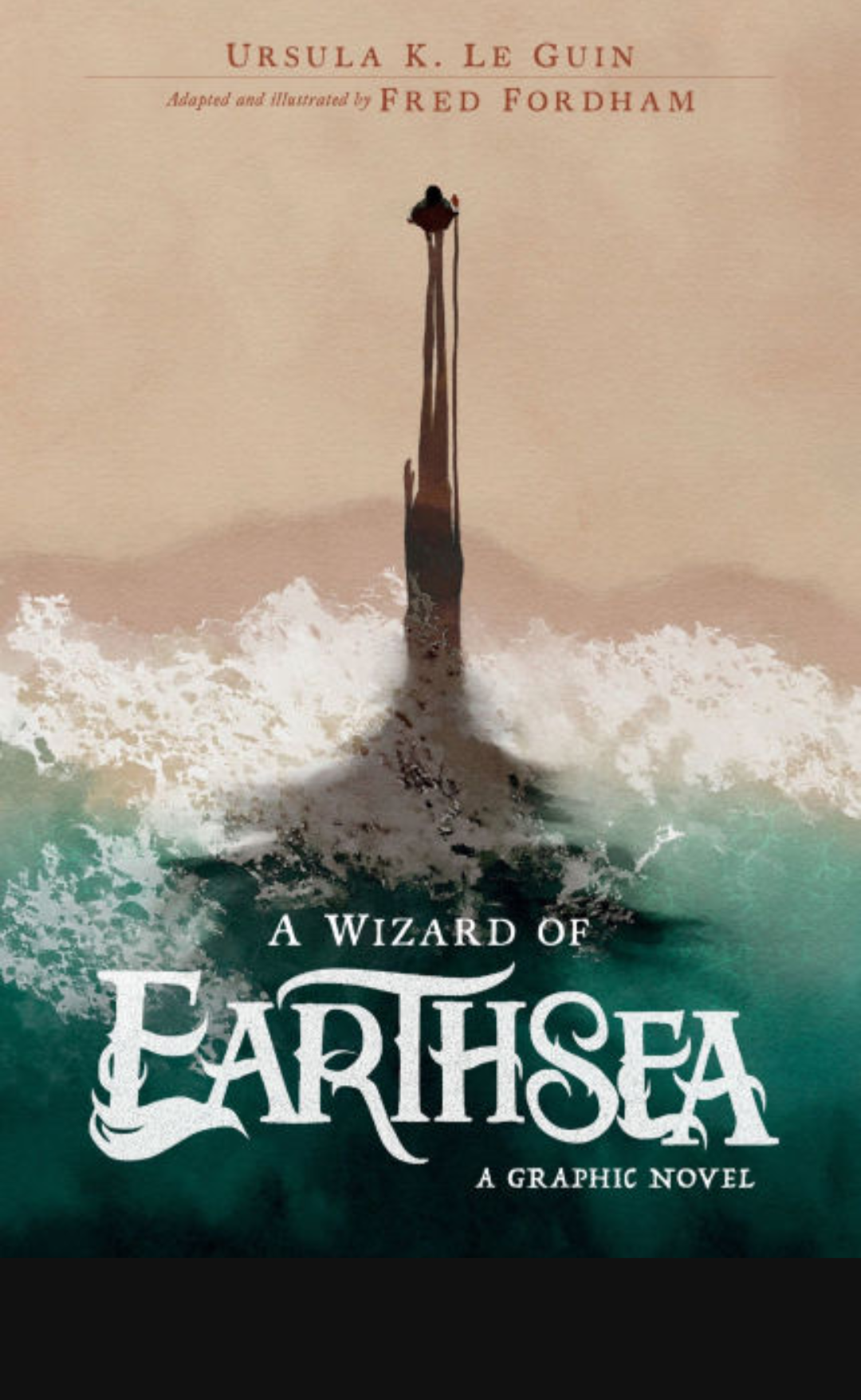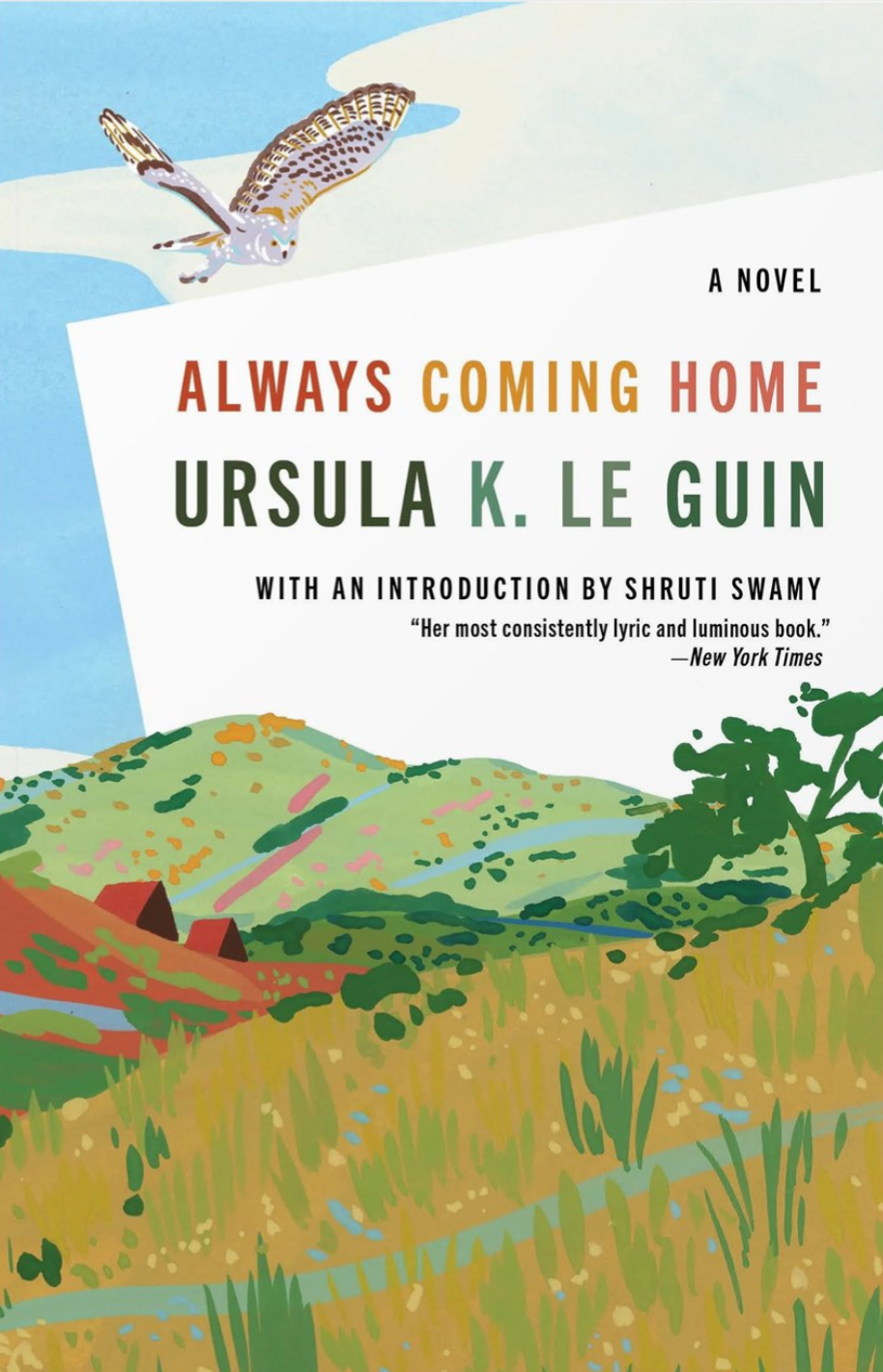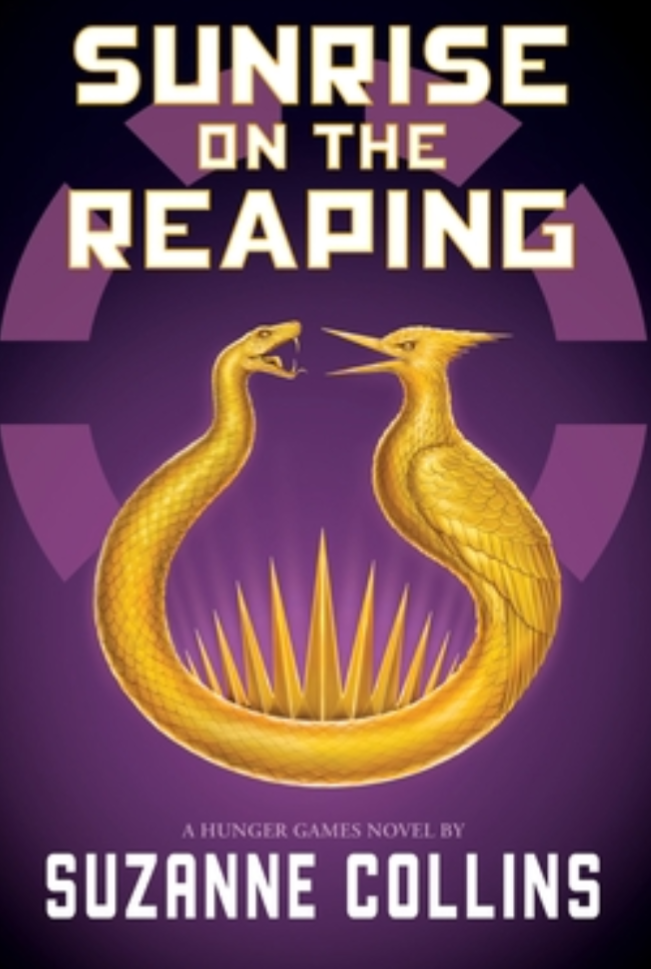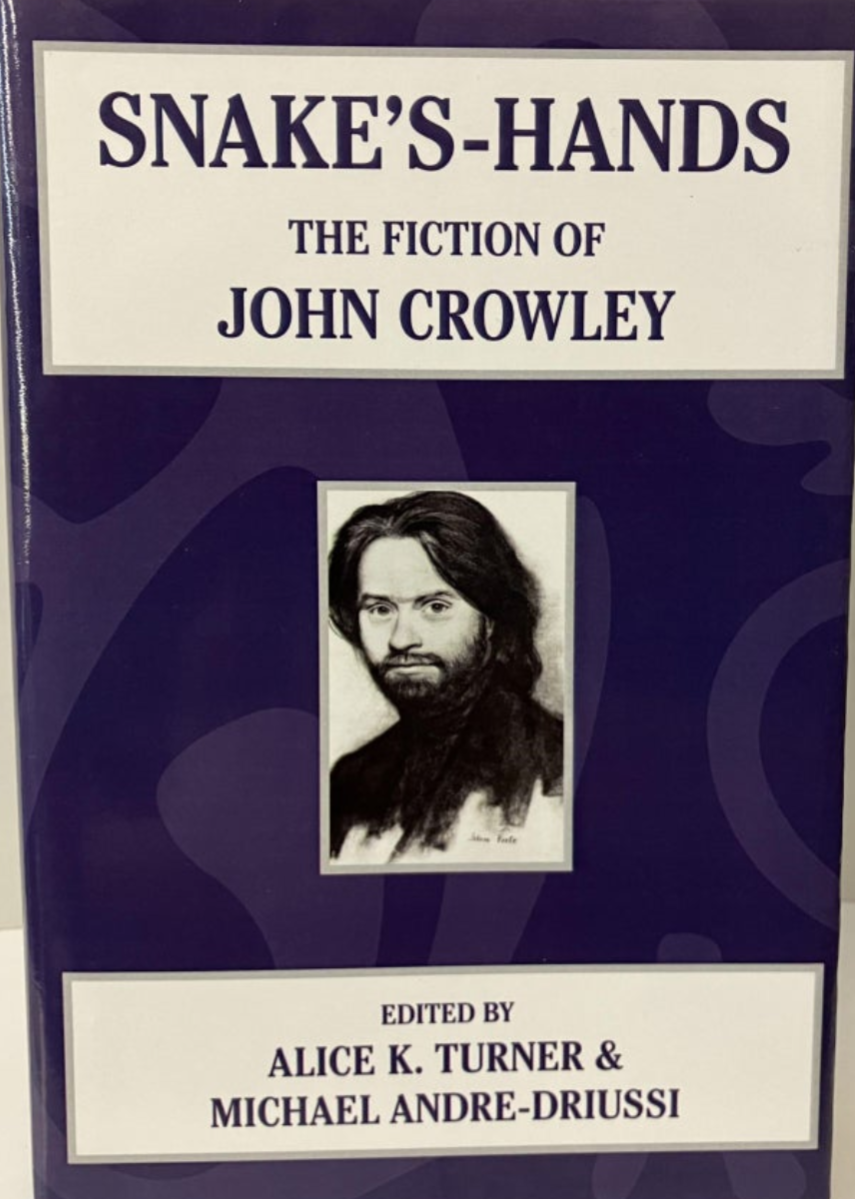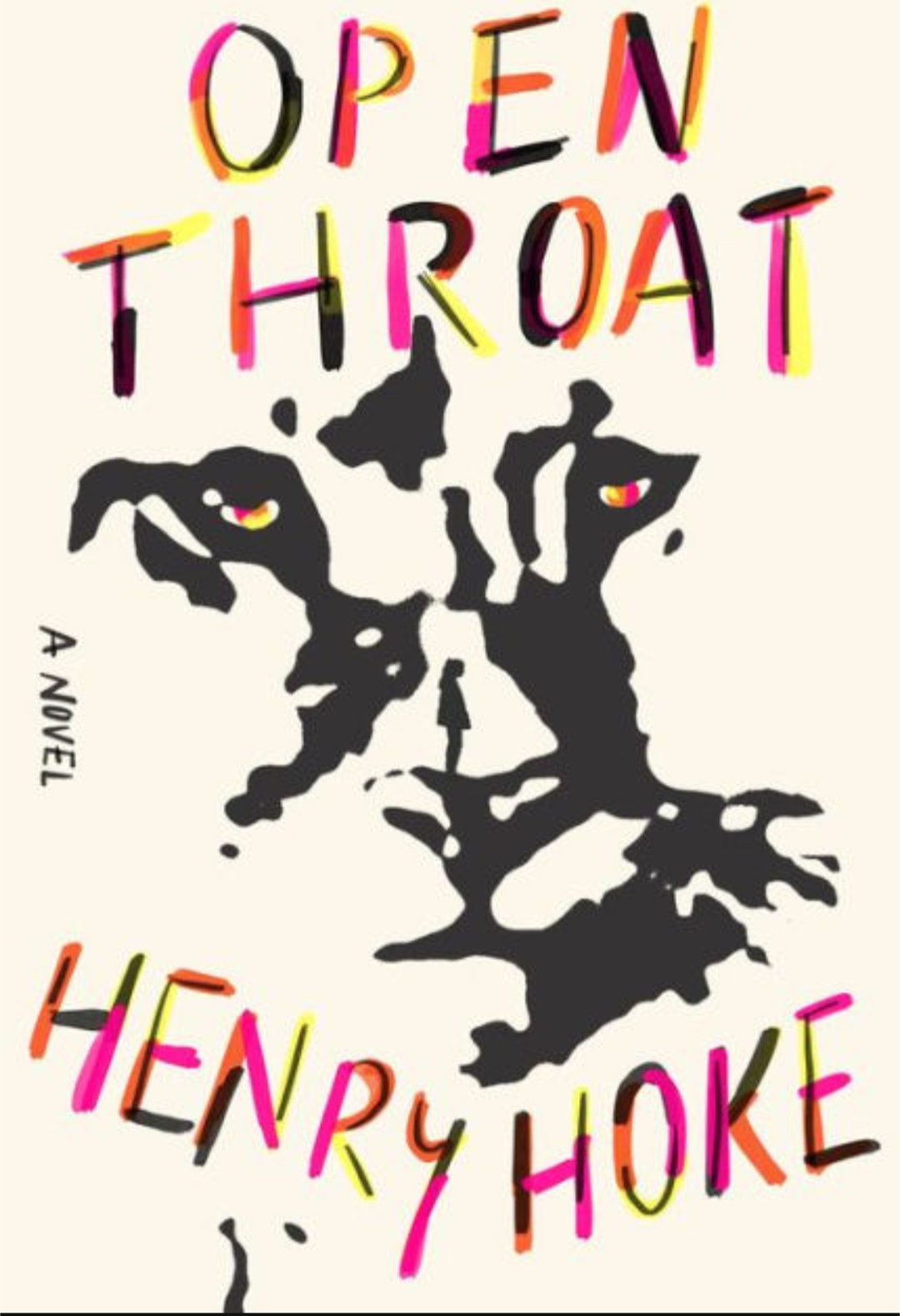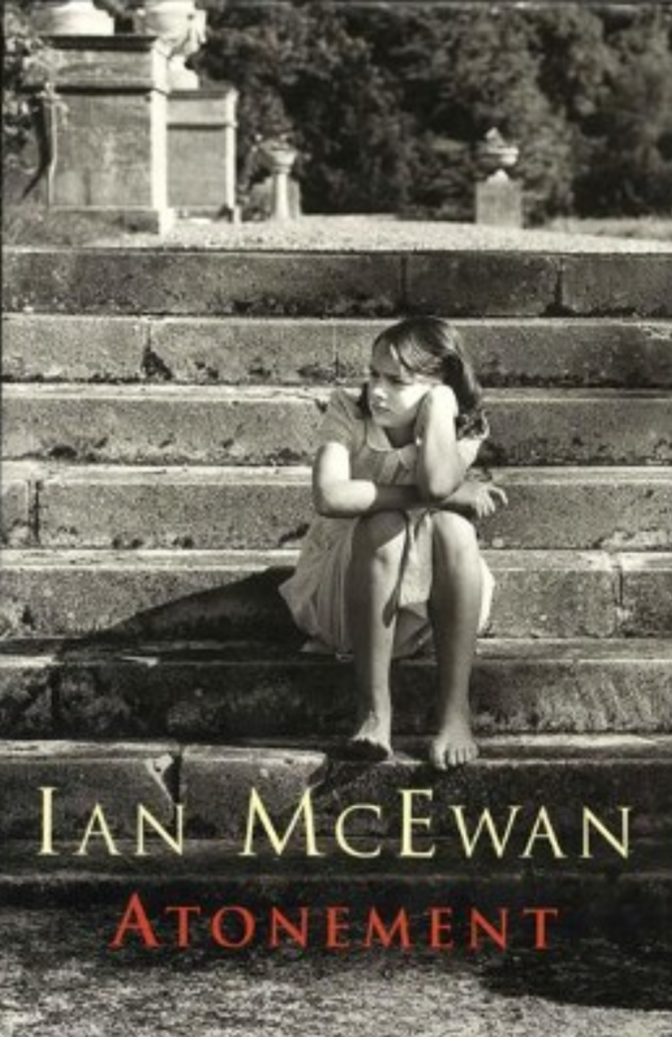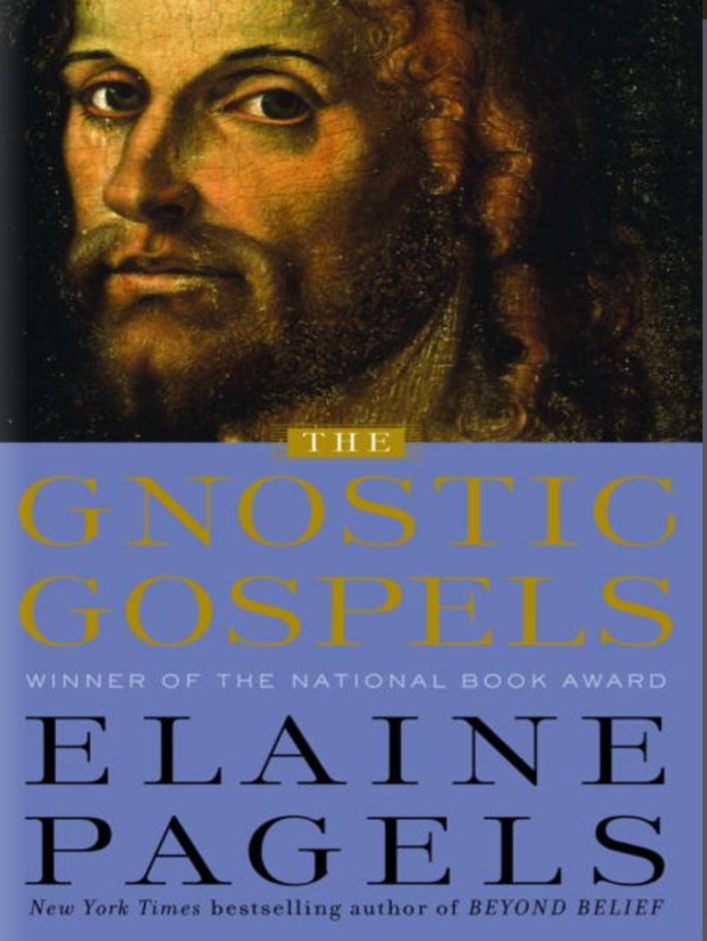Hawksquill replied to Hawksquill's status
Book 10 of 2025
A Tale for the Time Being by Ruth Ozeki (reread)
5 stars
This book has lived in my head rent-free since I first read it, and over the years I've looked up quotes from it to help me through many an anxiety spiral. Now was definitely the right time for a reread given the current state of my mental health and the world at large.
In addition to being comforting, it's strange and full of loveable characters and so wonderfully constructed. I'm such a sucker for well-executed metafiction. Also I should probably actually get around to studying Zen Buddhism more seriously. It seems to speak to my soul in a way nothing else does.
@bookstodon #Bookstodon #Books #BookReview #AmReading #Reading

